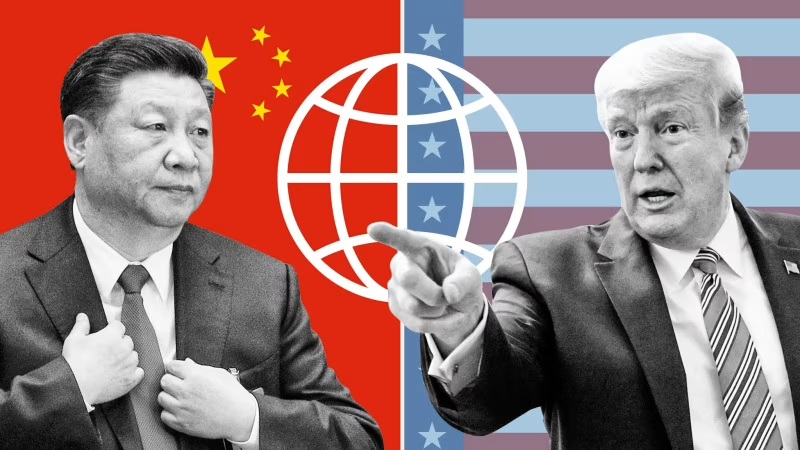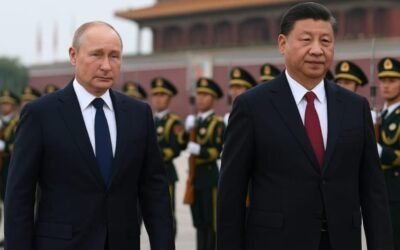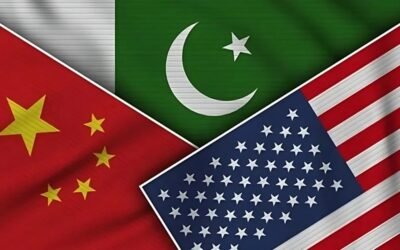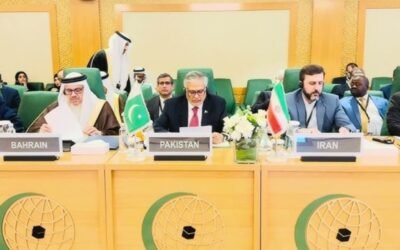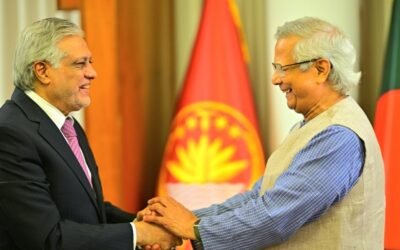The Indo-Pacific region has become the focus of increasing tensions between the United States and China. Both powers are seeking to expand their influence, economically and diplomatically. The area is crucial because of major shipping routes, rapidly growing economies, and its key position as a bridge between East and West.
The U.S. advocates the concept of a “Free and Open Indo-Pacific.” It emphasises international law, freedom of navigation, and stronger alliances. China, however, is reshaping the regional order through investment, infrastructure, and military presence, especially in the South China Sea.
China’s approach is multi-faceted. Its Belt and Road Initiative (BRI) is a vast network of infrastructure projects across Asia and beyond. It aims for both economic growth and geopolitical influence. Beijing seeks to build long-term influence by investing in key regions and forming strategic partnerships. Simultaneously, it is expanding its navy to protect its interests and assert its territorial claims.
In response, the U.S. is strengthening its military ties with allies like Japan, South Korea, and Australia. It is also building closer relations with India. Through joint military exercises, intelligence sharing, and defence agreements, Washington aims to counter China’s rise. This rivalry extends beyond the military; it also involves trade, technology, and influence in global institutions.
Pakistan’s Tightrope Walk Between Superpowers
Caught between these two powers, Pakistan has long depended on both the U.S. and China for support. In recent years, its relationship with China has strengthened, particularly through the China-Pakistan Economic Corridor (CPEC), a crucial element of the BRI. This has led to significant investment in energy and infrastructure. However, it also introduces risks, such as financial reliance and reduced autonomy in foreign policy.
At the same time, Pakistan cannot afford to distance itself from the United States. It still relies on U.S. military aid, support in international forums, and access to financial institutions. However, recent U.S. policies, particularly its growing partnership with India, have raised concerns in Islamabad. The deepening of U.S.-India defence ties, especially after India revoked Kashmir’s special status in 2019, has alarmed Pakistan’s security circles.
For Pakistan, the main challenge is to walk this strategic tightrope. Leaning too much towards China could upset the West. Moving closer to the U.S. might damage ties with Beijing. Pakistan’s recent diplomatic efforts, such as improving relations with Iran, Turkey, and Malaysia, indicate an attempt to diversify its partnerships without taking sides.
Gwadar, Afghanistan, and the Way Forward
Meanwhile, developments in Gwadar have raised regional concerns. There is no public evidence of a Chinese naval base, but China’s control over port operations and joint naval drills with Pakistan have attracted attention. A planned Saudi oil refinery in Gwadar was meant to balance China’s presence and comfort U.S. allies. But instability in Balochistan has slowed progress.
In Afghanistan, the rivalry between China and the U.S. is less visible. Both want stability and a clampdown on extremism, especially near China’s western borders. Here, Pakistan can play a helpful role. It could support joint projects that promote peace and development, particularly those utilising CPEC-linked infrastructure.
Conclusion
Pakistan is in a complex and delicate position. As the U.S.-China rivalry shapes the Indo-Pacific, Islamabad must craft a smart foreign policy. It must protect its interests without relying too much on one side. This is challenging, especially given the ongoing political instability, economic difficulties, and regional tensions at home.
The best approach is to remain flexible. By building a diverse range of diplomatic and economic partnerships, addressing internal weaknesses, and actively participating in regional efforts, Pakistan can strengthen its role. This balanced strategy will protect its sovereignty and let it contribute to peace in a region defined by major power competition.

